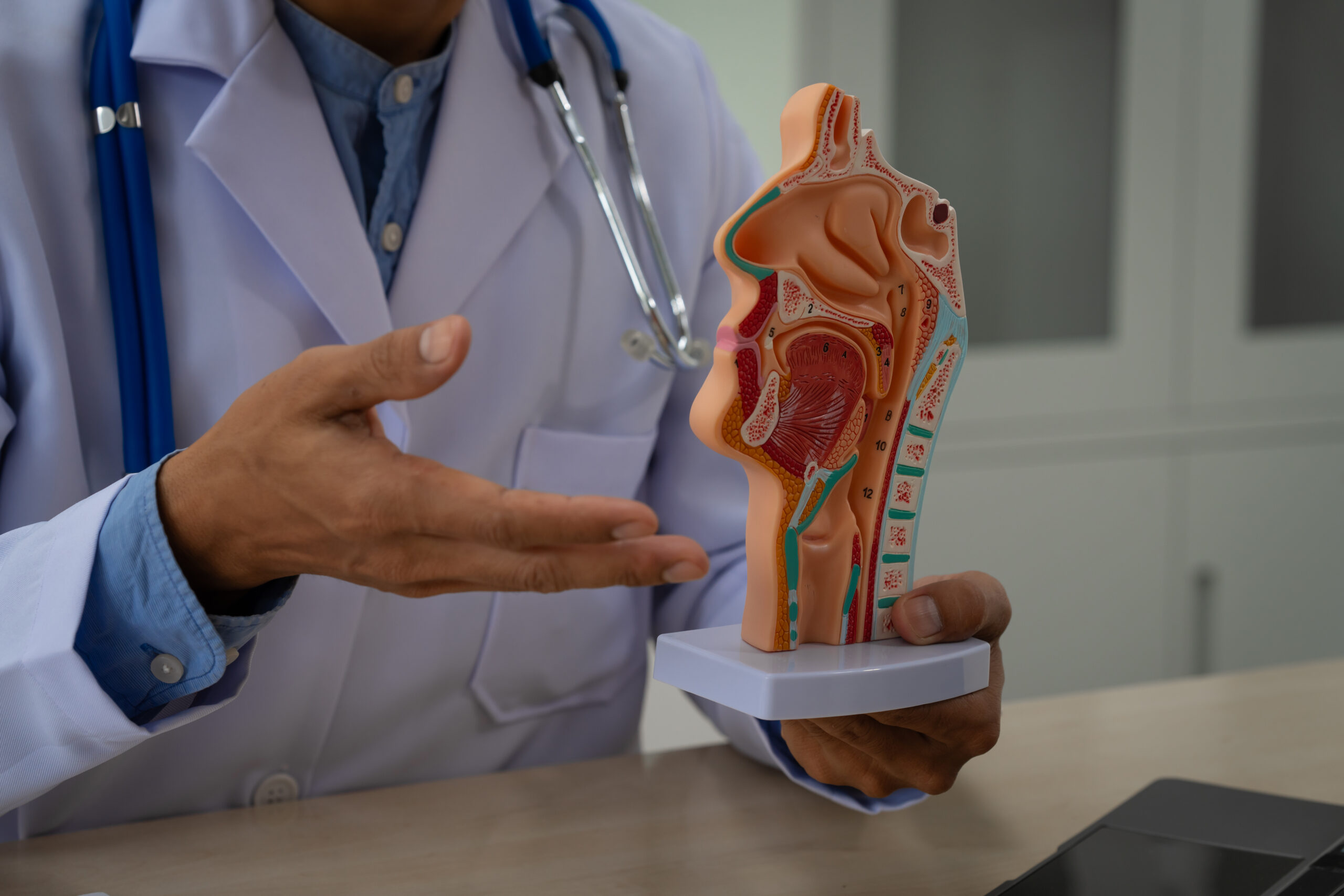An allergy is more than just a skin rash or a runny nose. It’s a reaction by your immune system in response to a foreign substance (called ‘allergens’). Allergens can be certain types of food, bee pollen, pet fur, and such. While they’re typically not harmful to the body, your immune system may have judged it as dangerous and would react accordingly.
An allergic reaction occurs when your immune system produces antibodies to attack the allergen. Most of the time this results in mild symptoms, such as a runny nose or a skin rash. However, severe allergic reactions, such as anaphylaxis, can be potentially life-threatening.
There isn’t a cure for most allergies, however, there are treatments that can help relieve harmful symptoms and prevent it from getting worse. In this article, we’ll answer some of the most common questions relating to allergies and hope to put your mind at ease.
Commonly asked questions about Allergies
1. What are some conditions caused by allergies?
Common conditions caused by allergies are allergic rhinitis, eczema and anaphylaxis.
Allergic Rhinitis
Allergic rhinitis affects about 40% of Singaporeans, and up to half of Singaporean children aged four to 17 years old. It’s mainly triggered by dust, dust mites, mould or pet dander. Common symptoms include sneezing, blocked nose, runny nose and skin rash.
Allergic Eczema
Allergic eczema occurs when your skin comes into contact with an allergen, thereby producing an itchy or painful skin rash. It usually doesn’t appear right away, sometimes taking up to 24 or 48 hours to develop. Common allergens include certain chemicals, creams, soaps, nickel, dyes and perfumes.
Anaphylaxis
Anaphylaxis is a fatal allergic attack that results in the swelling of air passages and skin rash. When this occurs, your blood pressure will drop and your air passages will become narrow, causing breathing difficulties, dizziness and nausea. It occurs almost immediately when exposed to the allergen. Anaphylaxis can be life-threatening if the individual is not given emergency medical help.
2. What are some common allergens?
Below is a list of some common allergens to watch out for:
- Dust mites
- Dust
- Mould
- Pollen
- Pet fur
- Cigarette smoke
- Stress
- Exercise
- Certain soaps and cleaning products
- Certain medications
Look out for these common allergens at home, at your child’s school or common play areas. You may want to do a thorough check if you realise that you or your loved ones have been frequently experiencing allergic reactions after visiting certain places.
3. What are the risk factors associated with allergies?
Children are more likely to develop allergies compared to adults. Those who have a family history of allergies have an even higher risk. Additionally, as your immune system changes, you may also develop first-time allergies as you age.
Besides genetics, a weakened immune system can increase the risk of an allergic attack. For example, when your body is exposed to an allergen after a viral infection, you may be more prone to getting allergic reactions.
4. What symptoms might I experience during an allergic attack?
Your symptoms may vary based on the type of allergic attack and how severe it is. For example, you may get a skin rash if you have a skin allergy and your skin is exposed to an allergen. However, you might experience a runny nose if you have allergic rhinitis.
Common symptoms include:
- Sneezing, runny or blocked nose
- Itchy, red or watery eyes
- Wheezing, coughing or tightness of chest
- Itchy, red or painful rash
- Red, dry or cracked skin
5. What should I do if I experience the above symptoms?
If you’re experiencing any of the above symptoms, or suspect an allergic reaction, please avoid self-medicating and consult a doctor to get the appropriate diagnosis and treatment. If left untreated, allergies can worsen overtime and cause more harm to your body. You can consult a doctor anytime through the DA app, and have medication delivered to your doorstep within a few hours.
However, if you’re experiencing more severe symptoms, such as breathing difficulties, wheezing or fainting spells, you may be going through an anaphylactic shock. Anaphylaxis is a medical emergency and can be life-threatening, if not treated quickly. Do dial 995 to call for an ambulance immediately.







